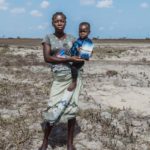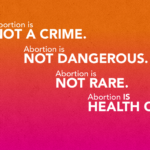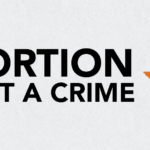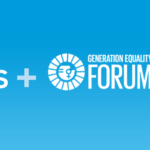Stories from around our network

Rina Pradhan is a youth leader working in rural communities of Jharkhand. After receiving training from the Ipas Development Foundation (IDF), she began conducting community and school-level meetings to provide information on accessing safe, timely sexual and reproductive health services.


During COVID-19, women and girls around the world have faced a surge in gender-based violence (GBV) linked to lockdowns and stay-at-home orders issued by governments in response to the pandemic.

In the coastal town of Joal in Senegal, the community are dependent on the sea for everything from their food to their livelihoods. But a reduction in rainfall, plus an influx of sea water and algae, caused by rising sea levels and erosion, means that many species of fish that used to flourish in the mangroves no longer do so.





A bold new effort to coordinate and catalyze the safe abortion movement across Francophone Africa is under way.



In Nigeria, where abortion is highly restricted and access to services is limited, more and more people are self-managing their abortions after going to patent medicine vendors (PMVs) for abortion information and pills.
Ipas Indonesia is using the momentum of new national guidelines on postabortion care to “shift the paradigm” on women’s reproductive health in the country.
A crucial vote for reproductive health, rights and justice

Representatives of seven youth groups from across the Democratic Republic of the Congo (DRC) are joining forces to advocate for sexual and reproductive health and rights, including safe abortion care in accordance with the Maputo Protocol.

Ipas made five abortion-focused commitments at the Generation Equality Forum.

The Mexican state of Hidalgo made history on June 30 when it became the third state in the country to legalize abortion up to 12 weeks of pregnancy. Hidalgo joins the states of Oaxaca and Mexico City in changing its laws to guarantee the reproductive rights of women.

Anu Kumar, President and CEO of Ipas, released the following statement in response to the U.S. House of Representatives’ State, Foreign Operations and Related Programs Subcommittee Appropriations Bill’s historic exclusion of the Helms Amendment and critical advances for reproductive justice globally:

